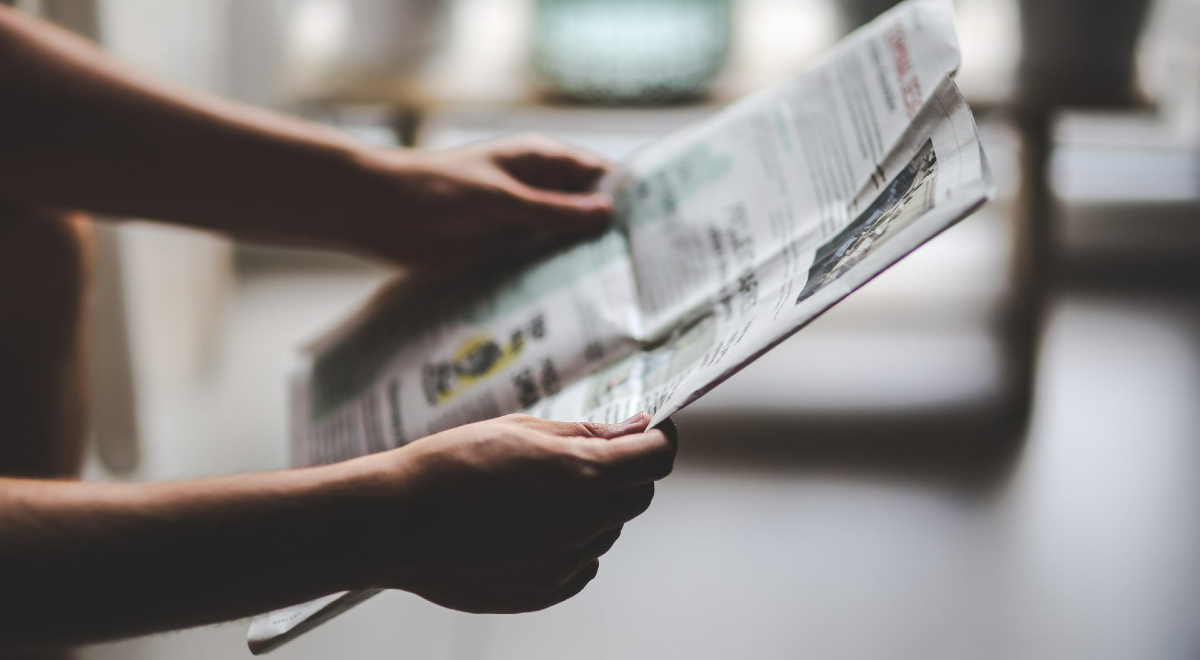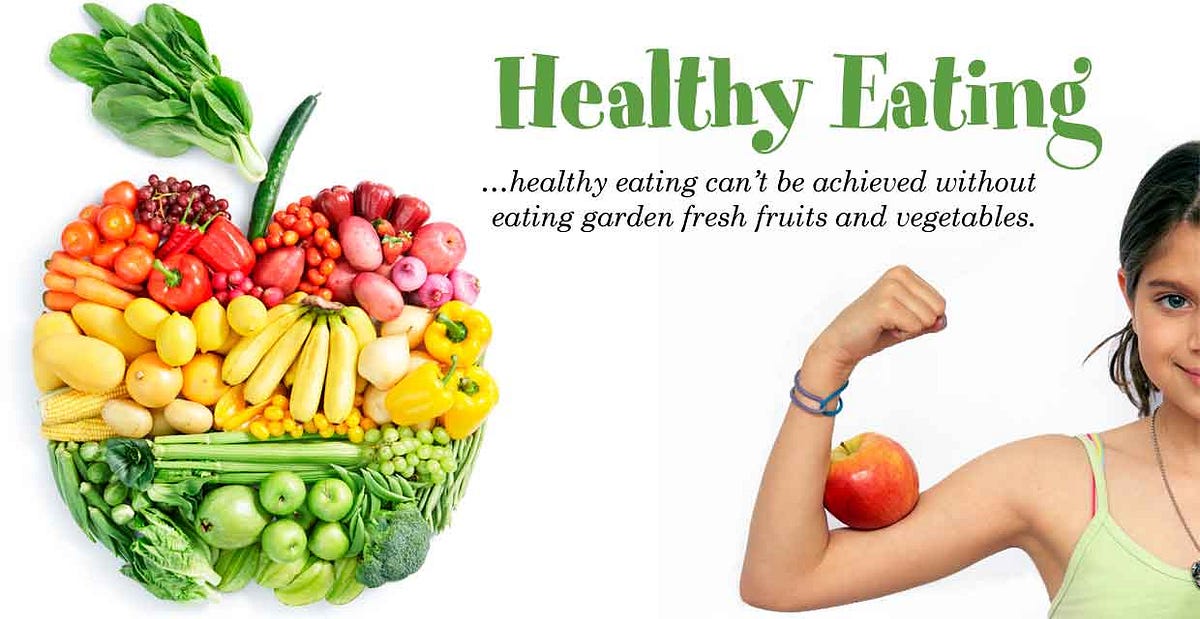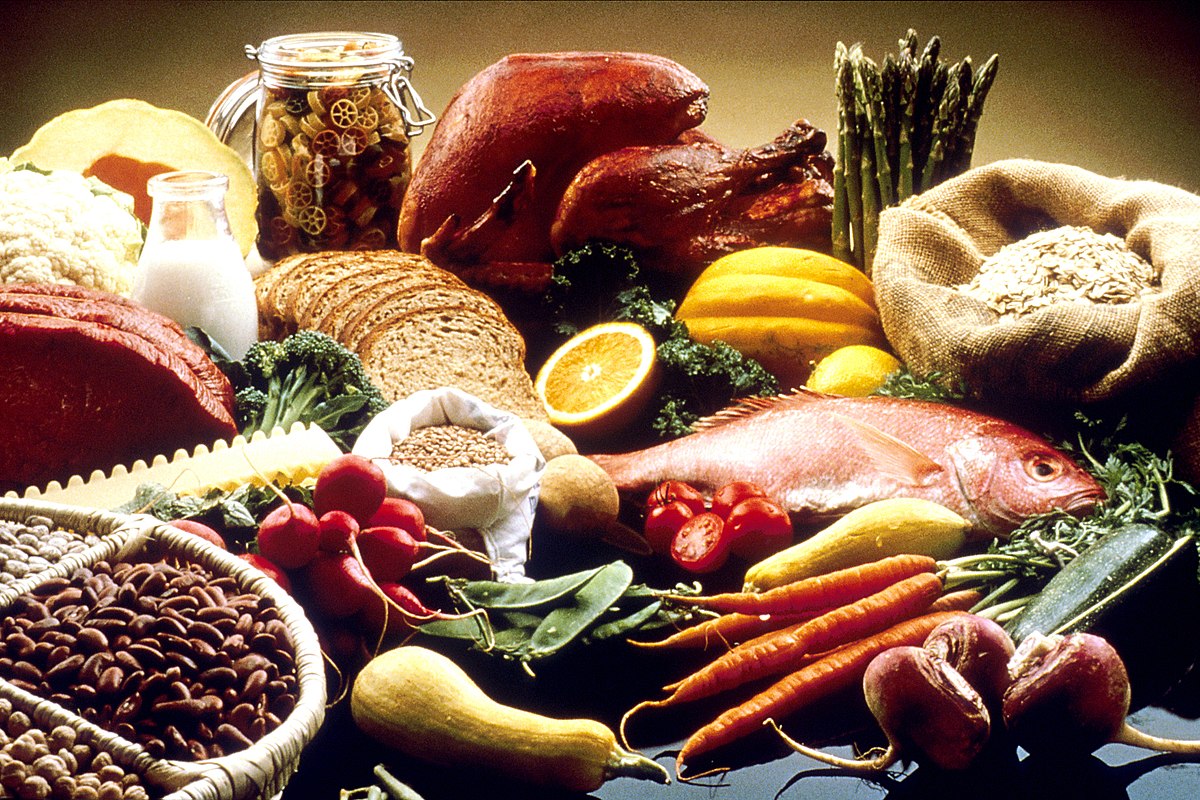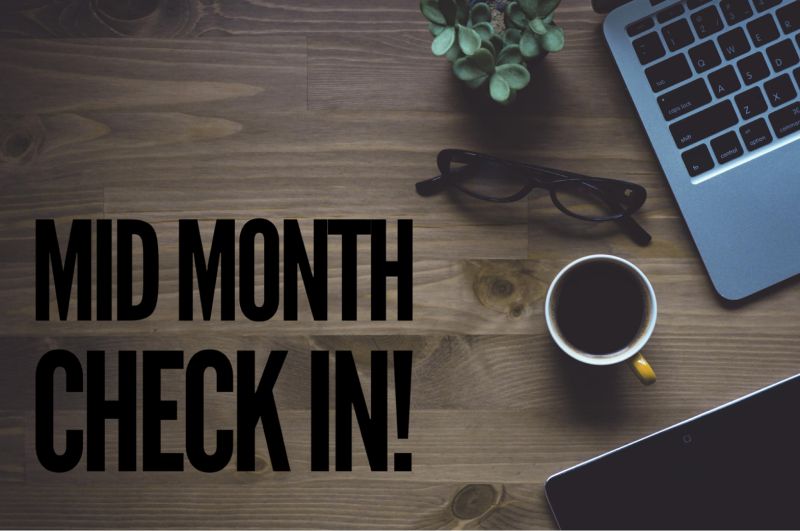“It’s about time you do a 30 day challenge of your own,” I say to my husband not long ago. “And I have the perfect one for you.”
He looks at me with skepticism and a little fear.
“A no news challenge! No news for 30 days. What do you think?”
My husband is a news junkie. He has dozens of news apps on his phone with notifications pinging him every few minutes. He spends his quiet moments glancing at headlines, sports scores, stock market prices, politics – you name it. The election cycle only escalated his news obsession (as it did for many of us), which made now the perfect time for a media diet.
Starting today and for the next 30 days, my husband is not allowed to read, watch or listen to any news (unless it’s timely news relating to his company or client). He can watch live sporting events, but he cannot check scores or read the analysis. If he wants to know what’s going on in the world, he must rely on others to relay back the most important headlines and news facts.
More original thought, more productivity
This is what my husband expects to get out of his no news challenge, and here’s why.
For starters, we often seek to read things that reaffirm our opinions or beliefs, and this is especially true in politics. Thanks to the Internet, we can always find something that proves us right. Clay Johnson, author of the Information Diet, the Case for Conscious Consumption argues that our tendency to consume what we’re already biased to believe (i.e. we look for affirmation, not information) limits our ability to process and communicate information effectively and with an open mind.
And if we’re not searching for something, the mainstream media will gladly push information on us. The Huffington Posts of the world have teams of editors crafting the most compelling and catchy headlines. They employ technology that moves the most popular content to the top of our feeds so that we keep clicking and reading and clicking and reading, even if it’s negative, irrelevant, untrue or sensationalized.
If we remove the news, we become forced to draw our own conclusions and synthesize the information ourselves. Maybe we ask more questions, seek out different opinions, engage in debate or discussion, or go directly to the facts. Remove the news and we become active consumers of information rather than passively absorbing what the media pushes on us. Chunks of time become available to read, create, work, discuss and think.
Preparing for Success
On day one, my husband deleted all of his news apps and turned off notifications. He installed a website blocker on his computer to prevent him from accessing the four news sites that his fingers have grown so accustomed to typing every day. He has two audiobooks and a few podcasts loaded on his phone, and he is documenting his progress to help identify his triggers, moments of weakness and other patterns.
Two hours into his work day, I call to see how things are going.
“I kept my phone in my pocket as I was walking to the car because there was no reason to check it. It felt good,” he says.
“Have you thought about what you’re going to do when you get frustrated and unsettled?” I ask, knowing how difficult these first few days will be.
“I think I’ve done a good job planning not to get frustrated, but I guess I would play a game on my phone. It’s not productive, but at least I have it at the bottom of the barrel.”
Later on, he reports that he got through two hours of an eight hour audiobook (at 1.5 speed) during his commute. “It was eye opening,” he says, “listening to structured, researched writing versus news talk and commercials.” As he talks, I can tell that he feels liberated and inspired, and I couldn’t be more excited for him.
I hope he experiences more eye opening moments this month. I hope he finds large chunks of time to do interesting things (or chores). And I hope he gets into intelligent debates with other people, falls in love with audiobooks, and feels empowered to choose what information to consume, and what to just leave alone.











